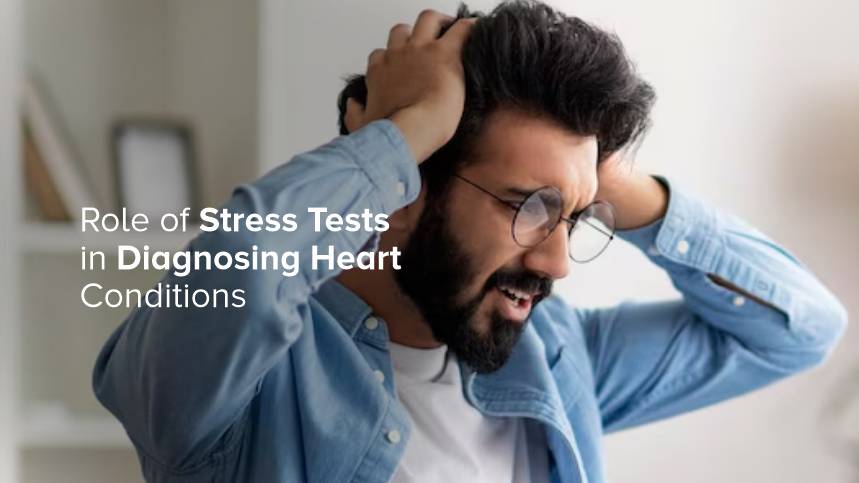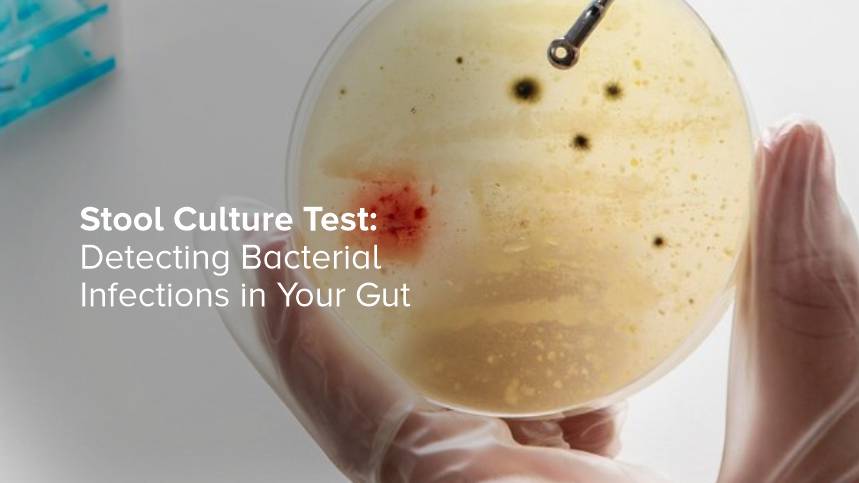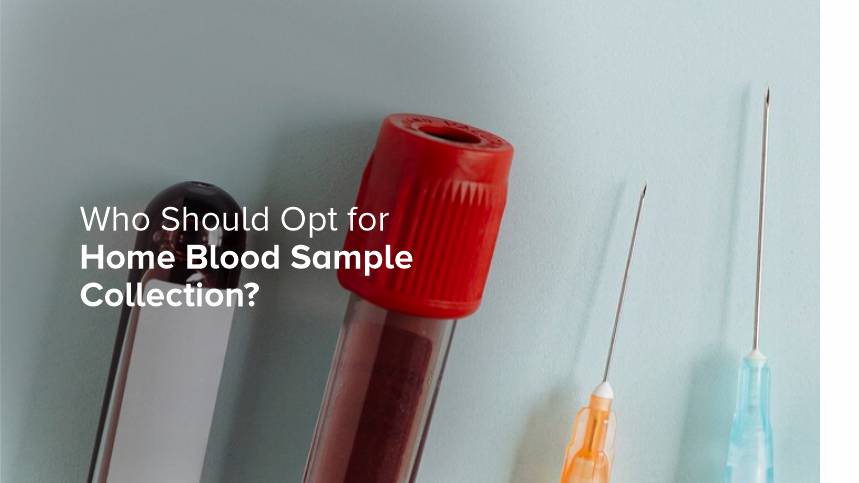


Condition
- Others
- Blood Disorders
- Top tests
- Others
- Others
- Others
- Fever
- Fever
- Blood Disorders
- Blood Disorders
- Preventive Health Checkup
- Preventive Health Checkup
- Profile
- Kidney Disease
- Kidney Disease
- Diabetes
- Diabetes
- Heart Disease & Hypertension
- Preventive Health Checkup
- Lifestyle Packages
- Thyroid Disorder
- Diabetes
- Diabetes
- Diabetes
- Diabetes
- Diabetes
- Diabetes
- Diabetes
- Top tests
- Allergy
- Top tests
- Top tests
- Top tests
- Top tests
- Diabetes
- Top tests
- Diabetes
- Top tests
- Top tests
- Top tests
- Liver Disease
- Diabetes
- Top tests
- Vitamin Deficiency
- Top tests
- Top tests
- Liver Disease
- Top tests
- Top tests
- Top tests
- Anemia
- Anemia
- Anemia
- Diabetes
- Diabetes
- Anemia
- Top tests
- Top tests
- Top tests
- Preventive Health Checkup
- Thyroid Disorder
- Heart Disease & Hypertension
- Top tests
- Preventive Health Checkup
- Diabetes
- Heart Disease & Hypertension
- Top tests
- Fever
- Allergy
- Liver Disease
- Lifestyle Packages
- Heart Disease & Hypertension
- Top tests
- Arthritis
- Top tests
- Top tests
- Heart Disease & Hypertension
- Kidney Disease
- Preventive Health Checkup
- Allergy
- Top tests
- Lifestyle Packages
- Top tests
- Kidney Disease
- Top tests
- Lifestyle Packages
- Top tests
- Preventive Health Checkup
- Preventive Health Checkup
- Top tests
- Top tests
- Vitamin Deficiency
- Allergy
- Diabetes
- Top tests
- Top tests
- Top tests
- Top tests
- Heart Disease & Hypertension
- Allergy
- Top tests
- Preventive Health Checkup
- Top tests
- Top tests
- Infertility
- Top tests
- Lifestyle Packages
- Allergy
- Diabetes
- Heart Disease & Hypertension
- Lifestyle Packages
- Preventive Health Checkup
- Preventive Health Checkup
- Top tests
- Preventive Health Checkup
- Top tests
- Diabetes
- Top tests
- Infertility
- Top tests
- Thyroid Disorder
- Top tests
- Allergy
- Preventive Health Checkup
- Vitamin Deficiency
- Top tests
- Top tests
- Infertility
- Lifestyle Packages
- Diabetes
- Liver Disease
- Kidney Disease
- Vitamin Deficiency
- Top tests
- Heart Disease & Hypertension
- Heart Disease & Hypertension
- Top tests
- Heart Disease & Hypertension
- Heart Disease & Hypertension
- Heart Disease & Hypertension
- Infertility
- Heart Disease & Hypertension
- Vitamin Deficiency
- Vitamin Deficiency
- Arthritis
- Arthritis
- Top tests
- Top tests
- Lifestyle Packages
- Preventive Health Checkup
- Lifestyle Packages
- Preventive Health Checkup
- Vitamin Deficiency
- Top tests
- Lifestyle Packages
- Lifestyle Packages
- Preventive Health Checkup
- Top tests
- Preventive Health Checkup
- Top tests
- Heart Disease & Hypertension
- Infertility
- Top tests
- Top tests
- Preventive Health Checkup
- Lifestyle Packages
- Top tests
- PCOD
- Preventive Health Checkup
- Lifestyle Packages
- Preventive Health Checkup
- Top tests
- Fever
- PCOD
- Kidney Disease
- Top tests
- Top tests
- Preventive Health Checkup
- Preventive Health Checkup
- Liver Disease
- Thyroid Disorder
- Top tests
- Heart Disease & Hypertension
- PCOD
- Top tests
- Arthritis
- Preventive Health Checkup
- Kidney Disease
- Lifestyle Packages
- Top tests
- Allergy
- Top tests
- Top tests
- Diabetes
- Thyroid Disorder
- Preventive Health Checkup
- Top tests
- Lifestyle Packages
- Preventive Health Checkup
- Top tests
- Kidney Disease
- Liver Disease
- Infertility
- Top tests
- Anemia
- Top tests
- Top tests
- Top tests
- Preventive Health Checkup
- Bone Health
- Cancer
- Fatty Liver

Tests
Understanding your heart's health is a crucial aspect of maintaining overall well-being. For individuals at risk of heart conditions or experiencing persistent symptoms like chest pain or shortness of breath, stress tests offer vital insights. These diagnostic tools are designed to assess how your heart performs under physical exertion and help detect underlying cardiac issues.
What is a Stress Test?
A stress test, often referred to as an exercise stress test or a treadmill test, is a procedure used to evaluate the heart’s performance during physical activity. It helps healthcare professionals gain a better understanding of whether your heart is receiving adequate blood flow and oxygen when it’s pushed beyond a resting state.
During the test, patients typically exercise on a treadmill or stationary bike while their heart rhythm, blood pressure, and breathing are monitored. For those unable to exercise, medication may be administered to simulate the effects of physical activity on the heart.
Types of Stress Tests
While the standard treadmill stress test is commonly used, there are additional types tailored to specific diagnostic needs:
- Exercise Stress Test: Assesses heart function during physical exertion.
- Nuclear Stress Test: Uses a small amount of radioactive dye and imaging to show blood flow to the heart.
- Stress Echocardiogram: Combines echocardiography with a stress test to provide detailed visuals of heart function.
- Pharmacologic Stress Test: Recommended for patients unable to exercise, using medication to mimic exercise effects.
Each type serves specific purposes in identifying heart conditions, and your healthcare provider will determine which is most suitable for you.
Why Are Stress Tests Important?
Stress tests play a pivotal role in diagnosing and managing heart conditions. Here’s how they contribute to heart health evaluations:
- Diagnosing Coronary Artery Disease (CAD):
Coronary Artery Disease is a common condition caused by plaque buildup in the arteries, reducing blood flow to the heart. Stress tests help identify symptoms of CAD, such as chest pain, and measure the severity of the condition. - Assessing Heart Function and Rhythm:
Stress tests monitor how well your heart pumps blood during exertion. It can also detect abnormal heart rhythms, known as arrhythmias, that may not be evident at rest. - Evaluating Exercise Tolerance:
For individuals recovering from heart conditions or surgeries, stress tests measure how well their heart handles physical effort. This is particularly helpful in determining safe levels of physical activity. - Predicting Risk of Future Heart Problems:
By analyzing heart performance under stress, your cardiologist can better estimate the likelihood of future heart attacks or other complications. - Informing Treatment Plans:
The results from a stress test help doctors design personalized treatment plans, which may include lifestyle changes, medications, or further diagnostic tests.
How to Prepare for a Stress Test
Adequate preparation ensures accurate results and a smooth experience during your stress test. Follow these steps to get ready:
Follow Your Doctor’s Instructions:
Your doctor may ask you to avoid consuming food or drinks for a few hours before the test. Inform them about any medications you’re taking, as you may need to adjust your dosage prior to the procedure.
Wear Comfortable Clothing:
Dress in loose, comfortable clothing suitable for exercise. Ensure you wear supportive athletic shoes for easy movement on the treadmill or bike.
Avoid Caffeine and Tobacco:
Both caffeine and tobacco can interfere with test results. Refrain from using them 24 hours before your test.
Communicate Concerns:
If you’re feeling anxious or have health concerns like joint pain that may limit exercise, inform the medical staff ahead of time. They can make accommodations to ensure your comfort.
What Happens During a Stress Test?
Understanding the procedure can help ease any apprehensions you might have. Here’s what typically happens during a stress test:
- Baseline Measurements: Before the test begins, your heart rate, blood pressure, and breathing are measured at rest. Electrodes will be attached to your chest to monitor your heart’s electrical activity.
- Exercise Phase: You’ll start walking on a treadmill or pedaling a stationary bike. The intensity will gradually increase to elevate your heart rate and simulate exertion.
- Monitoring: Throughout the test, the medical team will monitor your heart rhythm, blood pressure, and any symptoms you experience, such as dizziness or chest pain.
- Cool-Down: After reaching the targeted heart rate or stopping due to symptoms, you’ll be given a few minutes to cool down. Measurements will continue during this period until your vitals return to baseline.
For non-exercise stress tests, a medication will be administered to increase your heart rate while you remain at rest. Imaging techniques like echocardiography or nuclear scans may accompany the test to capture detailed visuals.
Are Stress Tests Safe?
Stress tests are generally safe and are performed under the supervision of trained medical professionals. Risks, such as irregular heart rhythms or chest pain, are rare and usually resolve quickly. Healthcare staff are prepared to address any complications that may arise during the test.
However, if you have concerns about the safety of a stress test given your medical history, discuss them with your doctor prior to scheduling the procedure.
When Should You Consider a Stress Test?
Not everyone needs a stress test, but it’s recommended if you have symptoms or risk factors, including:
- Persistent chest pain or shortness of breath.
- A family history of heart disease.
- High cholesterol or high blood pressure.
- Diabetes or other chronic health conditions.
Your doctor may also recommend a stress test as part of routine follow-ups for existing heart conditions.
Conclusion
Stress tests are a valuable tool in identifying heart conditions and ensuring you receive the right care. Whether you’re experiencing symptoms or simply want to monitor your heart health, a stress test can provide clarity and peace of mind.
If you suspect you may benefit from a stress test or need more guidance on managing cardiac health, don’t hesitate to consult a cardiologist. Early detection and proactive management are key to protecting your heart.
WANT TO BOOK HEALTH CHECKUP ?
Categories
Others
4
Blood Disorders
3
Top tests
69
Fever
4
Preventive Health Checkup
26
Profile
1
Kidney Disease
8
Diabetes
20
Heart Disease & Hypertension
15
Lifestyle Packages
15
Thyroid Disorder
5
Allergy
8
Liver Disease
6
Vitamin Deficiency
7
Anemia
5
Arthritis
4
Infertility
6
PCOD
3
Bone Health
1
Cancer
1
Fatty Liver
1
Recent Blogs
Stool Culture Test: Detecting Bacterial Infections in Your Gut
Our digestive system is home to a vast community of microorganisms—most of which are...
29-04-2025
Who Should Opt for Home Blood Sample Collection?
Convenience has become a priority in every aspect of life, including healthcare. One of...
29-04-2025
Online Lab Tests vs. Traditional Lab Tests: Which One Should You choose?
In today’s digital-first world, almost everything is available at your fingertips—from...
29-04-2025







